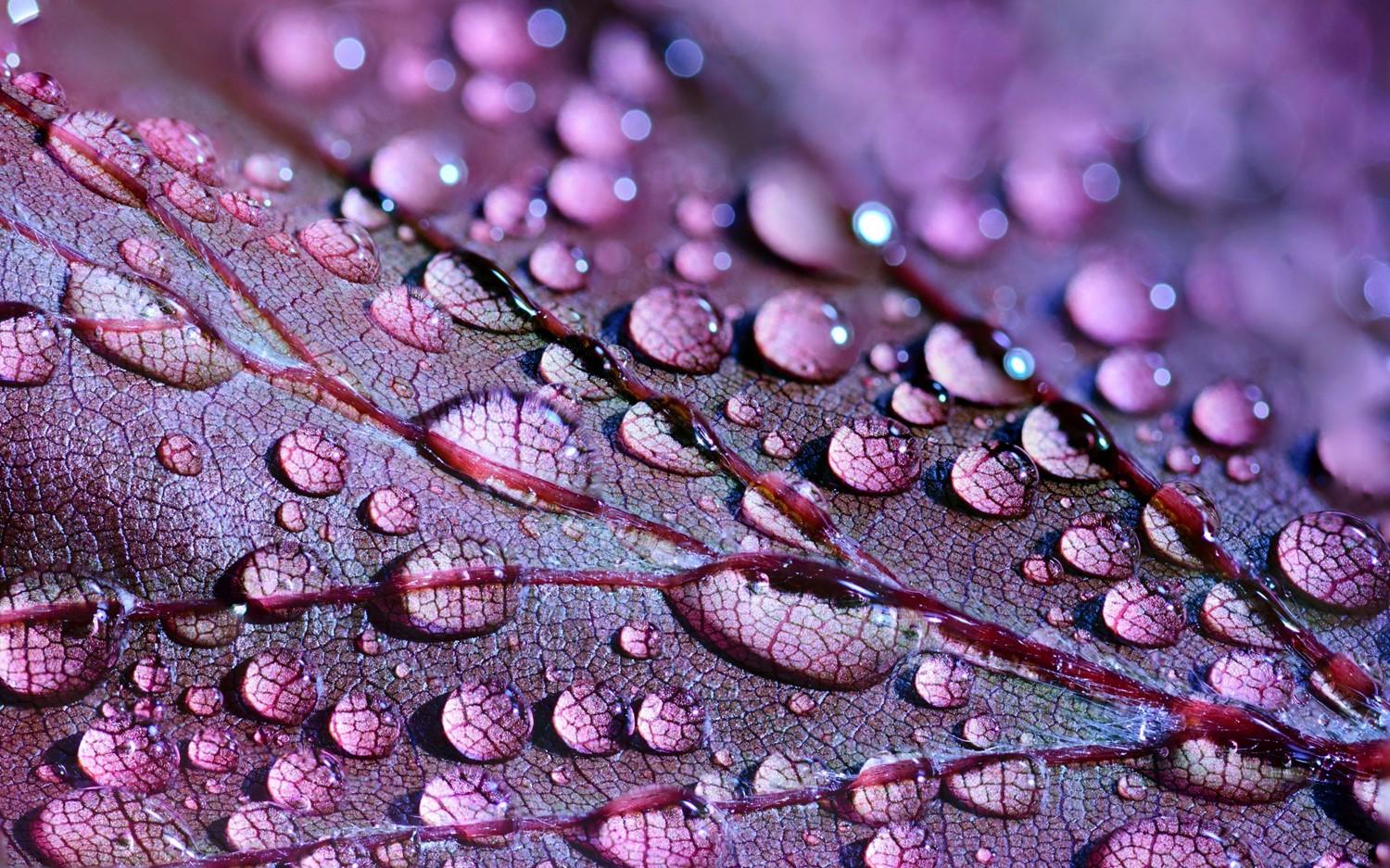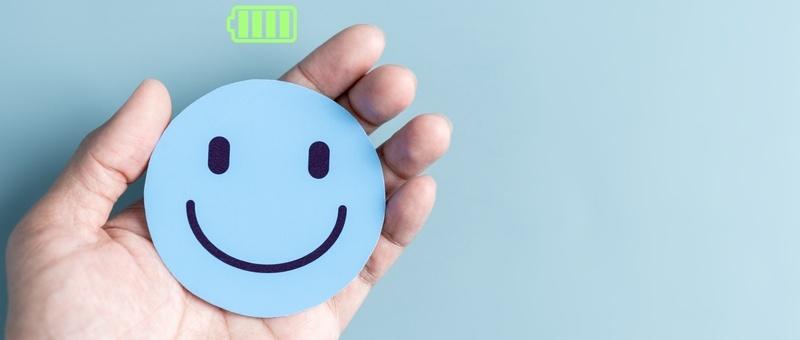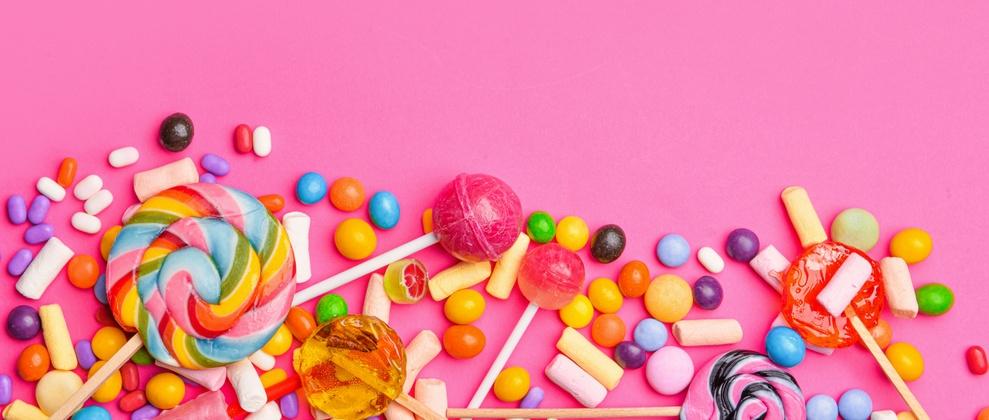
How much water should you drink a day?
Peer reviewed by Dr Krishna Vakharia, MRCGPLast updated by Dr Sarah Jarvis MBE, FRCGPLast updated 21 Feb 2024
Meets Patient’s editorial guidelines
- DownloadDownload
- Share
- Language
- Discussion
You might think the question 'how much water should I drink?' is a simple one. The trouble is, the question may be straightforward but the answer isn't.
How much water you need depends on lots of factors - your age, size, and level of physical activity, medical problems you have and medicines you take. It also depends on how much water you eat through your food.
But there are some general tips that can give you an idea of whether you're getting enough of this vital element of life.
In this article:
Continue reading below
Why is water so important?
Let's start with why you need water. Your body is made up of about 50-70% water and every cell in your body needs water to survive.
The complex processes in your body that turn food into energy, repair tissues, get rid of waste and much more, function best within a very narrow temperature range. The right proportion of water and salts is also important for these processes.
Water plays an essential part in keeping your internal environment constant to keep these processes at top efficiency. For instance, if you get too hot, you lose heat by sweating - water on your skin evaporates. In addition, water keeps your cells (including your skin cells) plumped up and protects sensitive tissues.
Your cells and organs need a constant supply of oxygen to make energy and perform their functions. Oxygen is carried in your red blood cells, which are held in a suspension in blood, which is made up largely of water.
Then there are your bowels. Constipation is a common complaint, and along with lack of fibre, lack of fluid plays a major part. Without enough water, your poo would be rock hard and impossible to get rid of. And constipation in turn makes you prone to other painful gut conditions, from piles to diverticular disease.
Your organs - especially your liver and kidneys - are constantly breaking down chemicals and harmful substances to get rid of them. Guess what - you need water to do that. And your kidneys filter your blood constantly, getting rid of waste products and toxins. In fact, your kidneys filter about 200 litres of fluid a day.
If you have chronic kidney disease or a history of kidney stones, being dehydrated can cause serious damage to your kidneys, so drinking enough fluid is even more important. The exception is some people with severe kidney disease, including those on dialysis - your hospital team will advise on what your fluid intake should be.
Do we get water from food?
About 20% of your daily water intake comes from food, but this varies with your diet - it could be higher if you include lots of fruits and vegetables and lower if you survive largely on bread and biscuits.
I'm a huge fan of fruit and vegetables - at least five portions a day and ideally more. Packed with vitamins, micronutrients and fibre for healthy heart and bowels, it's almost impossible to get too much of them.
Continue reading below
Where else do our bodies get water?
It's pretty obvious that you can get water from - well - drinking water. But caffeinated drinks such as tea, coffee and colas also contribute to your fluid intake. There's no evidence that moderate caffeine intake dehydrates you1.
However, if you drink more than about 360-400 mg of caffeine a day - about 7-8 cups of tea or four cups of brewed coffee - it can act as a mild diuretic2. That means it makes you pee more, causing a tendency to dehydration.
Fruit juice and soft drinks also contribute to your fluid intake, but it's best to keep sugary drinks to a minimum because the sugar in them causes harmful spikes in your blood sugar. Similarly, flavoured water varies in healthiness, but adding slices of fruit to drinking water is a healthy way to infuse a little flavour.
Public Health England's Eatwell Guide recommends limiting fruit juice and smoothies to a total of 150 ml per day, because of the amount of 'free' sugar they contain.
Alcohol doesn't contribute to your fluid intake and any amount can dehydrate you - drink it sparingly.
So, how much water do you need per day?
As a very, very general rule of thumb, 6-8 glasses of non-alcoholic fluid - the same as 1.2-1.5 litres or 2-2.6 pints- daily replaces normal fluid loss, when combined with fluid in food3.
However, you may need significantly more if the weather is very hot or you're exercising a lot. In both cases, you'll be losing a lot more fluid through sweating. In addition, if you're pregnant or breastfeeding you'll need more fluid.
As a rule, your urine should be pale straw-coloured. If it's darker, you're at risk of dehydration so up your fluids.
You'll also need to drink more if you're losing more fluid as a result of diarrhoea and/or vomiting. As a very rough guide, you should drink an extra glass of water (about 200 ml) every time you have a bout of diarrhoea. This is on top of your normal fluid intake.
If you have a urine infection, it's important to drink lots of fluid to try to flush the infection through your system. The same applies if you've had kidney stones - both cystitis and kidney stones are more likely if you become dehydrated. In fact, to prevent kidney stones from returning, it's generally advised to drink as close as you can to 3 litres (5 pints) of water a day.
If, on the other hand, you have heart failure or severe kidney disease (needing dialysis) you may need to limit your fluid intake - your doctor will advise you.
With thanks to 'My Weekly' magazine where this article was originally published.
Continue reading below
Further reading
Patient picks for Healthy eating

Diet and nutrition
How to boost your energy levels and feel less tired in winter
The cold and darker months can take their toll on the way we feel. Often, the shorter days, dismal weather and changes to the way we eat and sleep mean we feel groggy and tired in winter - making it difficult to get out of bed. But why can our energy levels drop over winter, and what can we do about it?
by Victoria Raw

Diet and nutrition
How to stop your sugar cravings
Many of us fancy something sweet from time-to-time, and often raid the cupboard for biscuits or chocolate after dinner. However, it’s easy to get into the habit of eating too many sugary foods - which is harmful for your health. So can you curb your cravings?
by Lynn Stephen
Continue reading below
Article history
The information on this page is peer reviewed by qualified clinicians.
21 Feb 2024 | Latest version
22 Sept 2022 | Originally published
Authored by:
Dr Sarah Jarvis MBE, FRCGP

Ask, share, connect.
Browse discussions, ask questions, and share experiences across hundreds of health topics.

Feeling unwell?
Assess your symptoms online for free
Sign up to the Patient newsletter
Your weekly dose of clear, trustworthy health advice - written to help you feel informed, confident and in control.
By subscribing you accept our Privacy Policy. You can unsubscribe at any time. We never sell your data.